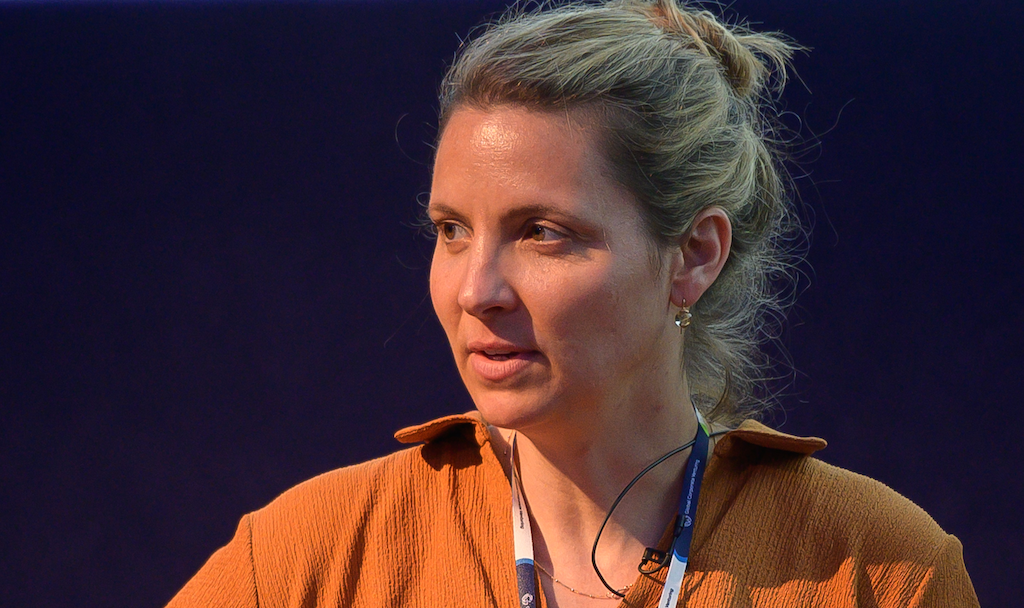
There is an estimated $700bn of impact investing going on, but only 7% of it is being directed at healthcare — so this is an area with a lot of room for improvement. This was the message from Sarah Hubar-Fisher, senior director of Global External Innovation at pharmaceutical firm Johnson & Johnson at the GCV Symposium.
Hubar-Fisher, however, has an idea for how to move the needle — collaboration. Johnson & Johnson established an Impact Fund in 2019, and recently increased its funding from $15m to $50m. But now it wants to extend its reach further by doing more projects with other healthcare impact funds.
“There is a lot of opportunity for collaboration with other impact funds of other large pharmaceuticals. It is one of those places [within the industry] with corporate collaboration that is really refreshing to see.” One large-scale, collaborative project with the impact investment vehicle of another pharmaceutical company that is in the works but not officially announced yet.
The impact fund is not centred around developing pills and therapies but on health workers, health systems and capability, with a geographical focus on Africa and Southeast Asia.
One of its key missions is to help make the healthcare projects it supports self-sustaining. It is a case of moving away from the 1980s-style philanthropy of one-off handouts to helping people build sustainable.
“We believe the long-term success of any impact agenda does require that you focus it like a business. We do not believe people trying to make positive change can succeed longer term without that.”
One future opportunity the fund is looking at is increasing access to surgery in developing countries.
“Millions of people do not have access to surgery but the majority of surgeries are low in complexity and costs (for example, fixing bone fractures). These are the kind of opportunities we need to identify and support,” Hubar-Fisher said. This could include, for example, developing technology to allow surgeons from developed countries to collaborate with colleagues in developing countries more easily.
Impact investing also has benefits for the parent company, said Hubar-Fisher.
“There is value in working on the science around public health problems even if they do not have immediate commercial outcome.”
At the same time, it is useful for a pharmaceuticals company to be on the front foot on social impact requirements.
“Measuring social impact is coming to GAAP accounting. We have goals and need to think about how to reach them. We know this is all coming and there is an expectation that the largest pharmaceutical company will have to play a leading role in that,” said Hubar-Fisher.